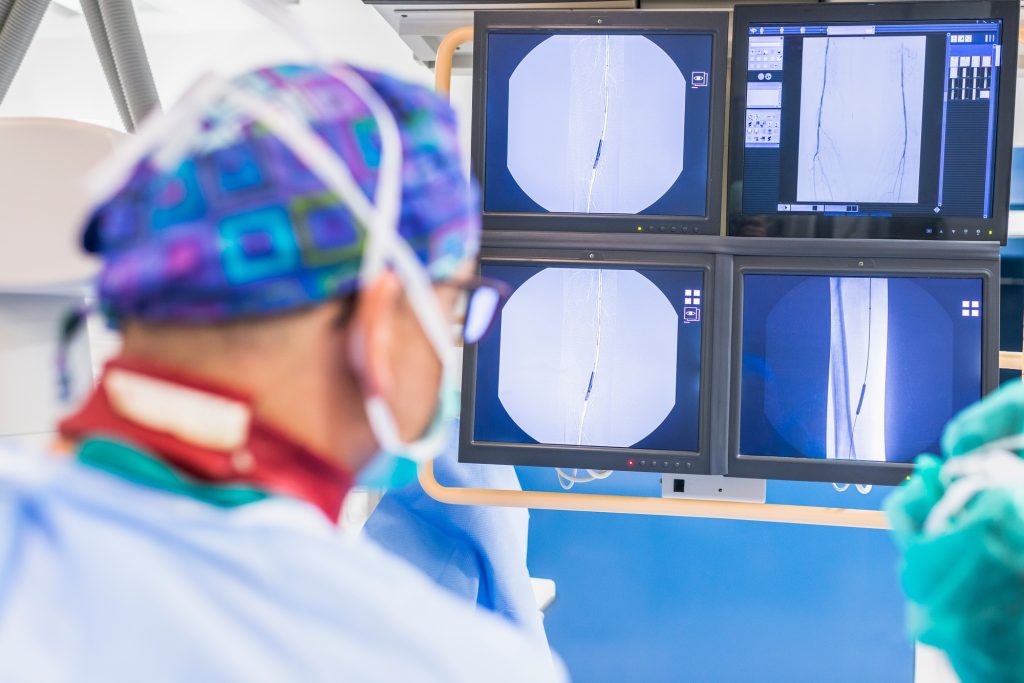Interventional radiology (IR) is a specialized field that utilizes imaging technology to guide minimally invasive procedures. Unlike traditional surgery, IR techniques involve small incisions and the use of catheters or needles to diagnose and treat various medical conditions. These procedures are often performed under local anesthesia, leading to reduced recovery times, minimal pain, and lower risks of complications compared to conventional surgical methods.
One of the most common applications of interventional radiology is angioplasty and stent placement, which helps open blocked arteries and improve blood flow. This is particularly beneficial for patients with peripheral artery disease, reducing the need for more invasive surgeries. Other widely used IR procedures include embolization to control internal bleeding, tumor ablation for cancer treatment, and image-guided biopsies to obtain tissue samples with minimal discomfort.
For patients with chronic conditions such as liver disease or kidney failure, interventional radiologists can place ports and catheters to facilitate treatments like dialysis and chemotherapy. These procedures offer an effective alternative to traditional surgical approaches, allowing patients to undergo necessary medical interventions with less disruption to their daily lives. IR is also commonly used to treat uterine fibroids, varicose veins, and deep vein thrombosis through precise, targeted techniques.
Patients undergoing interventional radiology procedures typically experience faster recovery times, allowing them to return home the same day in many cases. Since IR involves only small punctures or incisions, there is less scarring and a reduced risk of infection compared to open surgery. Additionally, the use of real-time imaging ensures greater accuracy, leading to improved treatment outcomes.
As interventional radiology continues to advance, more patients benefit from less invasive treatment options. By discussing IR procedures with their healthcare provider, patients can explore safer and more efficient alternatives to surgery. With growing awareness of its benefits, interventional radiology is revolutionizing patient care and offering new hope for those in need of specialized medical treatments.






